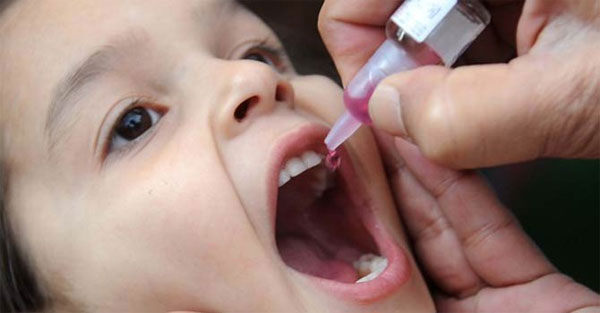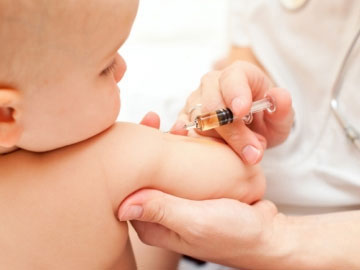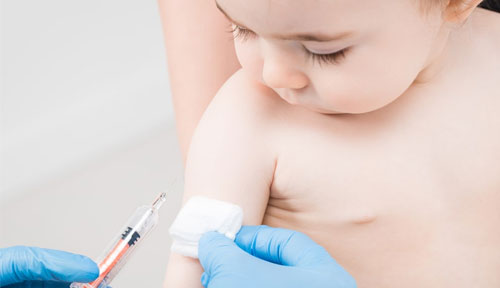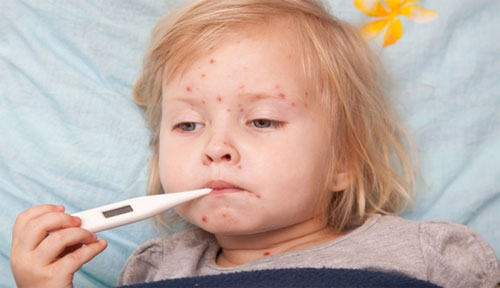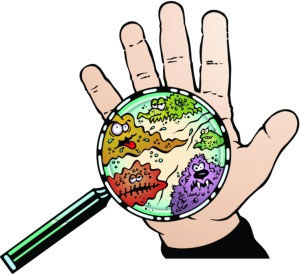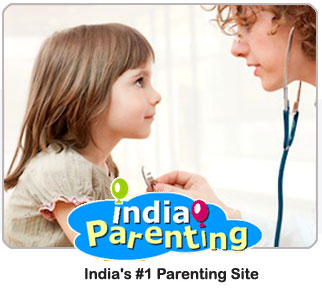Immunization can help to prevent dreadful diseases in children. Read on to learn more about what immunization is and why it is a must to get children immunized.Immunization is a form of a preventive measure that is taken to prevent dreadful diseases. It prepares the body to fight against infection. Its aim is to protect individuals and communities from infectious diseases.
What is immunization?
Immunization is a form of preventive medicine. It not only protects individuals but also communities from infectious diseases. Immunization operates like an early warning system. It prepares the body to fight against infection.
How does immunization work?
Immunization operates on the premise that once you have had a disease, you are unlikely to contract it again.
Through injections, oral drops or scratches on the skin, the body is exposed to weakened or dead disease-producing microorganisms or to the toxins they produce. This will cause the individual to develop the same antibodies and antitoxins that would have been developed if the person had actually contracted the disease, in order to fight the disease.
Once the body has been exposed to an infection, the immune system will "recognize" if the disease were to recur, and produce antibodies or antitoxins to destroy the infection. The body has to be exposed to infection once for the immune system to recognize it. This is done through immunization.
Against what kind of disorders are children usually immunized?
Children are immunized or vaccinated against various dreadful diseases starting from the time of their birth. They are immunized against various disorders like TB, Polio, Diphtheria, Pertussis (whooping cough), Tetanus, Haemophilus Influenza Type B, Pneumonia,
Rotavirus, Measles, Mumps, Rubella, Hepatitis A,
Varicella, Typhoid, Cancer, Genital Warts, Meningococcal Disease, Cholera and Japanese Encephalitis.
What is the immunization schedule in India?
Let us take a look at the detailed immunization schedule that is recommended by Indian Association of Paediatrics.
- The BCG and Hep B1 vaccination is given at birth.
- Hep B2 vaccination is given between 6 to 10 weeks of baby’s age.
- Hep B3 vaccination is given between 6 to 15 months of baby’s age.
- Polio vaccination is given at birth, 6 weeks, 10 weeks, between 14 to 18 weeks and during the 6th year.
- Tadp (Tetanus and Diphtheria Toxoids and Acellular Pertussis) vaccine is given between 11 to 12 years.
- Hib (Haemophilus Influenzae Type B) vaccine is given at 6th, 10th and 14th week and the booster dose is given between 12 to 18 months.
- PCV (Pneumococcal Conjugate Vaccine) given at 6th, 10th and 14th week and the booster dose is given between 12 to 15 months.
- Rotavirus vaccine is given at 6th, 10th and 14th week of the birth of the child.
- Measles vaccine is given between 9 to 12 months of baby’s age.
- MMR (Measles, Mumps and Rubella) vaccine is given between 12 to 18 months. The second dose of MMR vaccine is given between 4 to 6 years of the age of child.
- The first dose of Varicella vaccine is given between 15 to 18 months and the second dose is given between 4 to 6 years.
- The first and second dose of Hep A (Hepatitis A) vaccine is given between 12 to 18 months.
- Typhoid vaccine is given between 2 to 3 years.
- HPV (Human Papilloma Viruses) vaccine is given between 11 to 12 years of child’s age.
To find a detailed vaccination schedule and to subscribe for vaccination reminder
Click Here:
What are the risks of immunization?
Very rarely, one hears of cases where immunization has resulted in the development of fatal complications. Most children have a mild reaction to immunization, but a few have become seriously ill. With some vaccines there is a negligible risk of serious or permanent damage or even death. As you are aware, your child can be at risk while crossing the street or even sleeping in her bed. Just as you take precautions in these routine life situations, you should take precautions before vaccinating your child.
Make sure she is in good health before taking her for a shot and report any side effects to the doctor immediately. Remember that the advantages of immunization far outweigh its drawbacks. It is thanks to immunization that a disease like small pox has been eradicated.

















